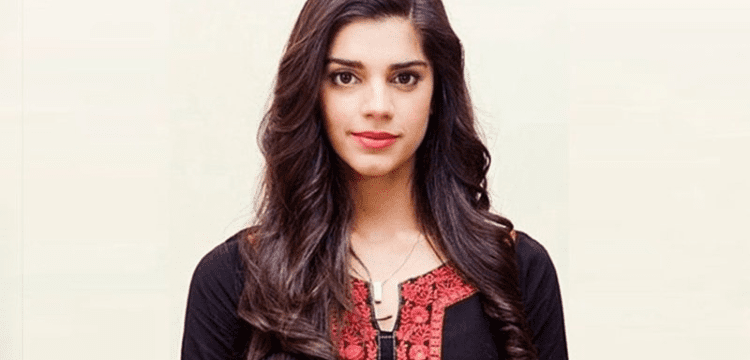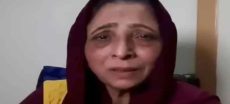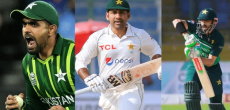[vc_row][vc_column][vc_column_text dp_text_size=”size-4″]After snippets from the most recent film from Netflix India, Mission Majnu, began to circulate on social media, the stereotype of Muslims in Bollywood became a hot subject. The classic visual cues were off: a man with kohl-rimmed eyes spitting adaabs in every syllable with Pakistan producing nuclear weapons in the background. In an interview with Brut India, actress Sanam Saeed discussed this kind of stereotyping and Bollywood’s exclusion of Pakistani artists, saying she doesn’t understand why politics must permeate intercultural exchange.
The Zindagi Gulzar Hai actor named Queen as her favourite Bollywood movie, citing its relatability as the primary explanation. “It wasn’t a spectacle,” she said, as the conversation shifted to the way Muslims are often captured through the Bollywood lens.
Of course, we often mock how Muslims are portrayed in Indian movies with the kajol (kohl), namaz ki topi (prayer cap), and the green in the background to indicate that this is a Muslim person or Muslim community. It becomes too political; they are constantly portrayed as the enemy. She continued by saying that she can’t think of any instances in which the two countries are cooperating on any projects. The reality, in her opinion, “where cooperation are happening at every level,” is completely different from this.
Jumping back to the period before the prohibition was put in place, she claimed that the growth of cross-border cultural interchange was not unexpected. “It was fantastic and well overdue. The fact that these two centres of culture, creativity, and art were now working together to create even better stuff seemed extremely thrilling, very liberated, and kind of complete.
She contrasted her feelings when the ban was implemented as a result of the 2016 attack in Uri. “Why mix politics with art and culture? It was a bit of an unpleasant awakening, confused. Tragic, but I believe we all got over it because it is what it is and there is nothing you can do to change it. Except for things like what we’re doing right now, she continued, adding that the artists are still attempting to forge ahead and collaborate. It’s sad, tragic, and unfortunate a lot.[/vc_column_text][/vc_column][/vc_row][vc_row][vc_column][vc_column_text]
[/vc_column_text][/vc_column][/vc_row]











